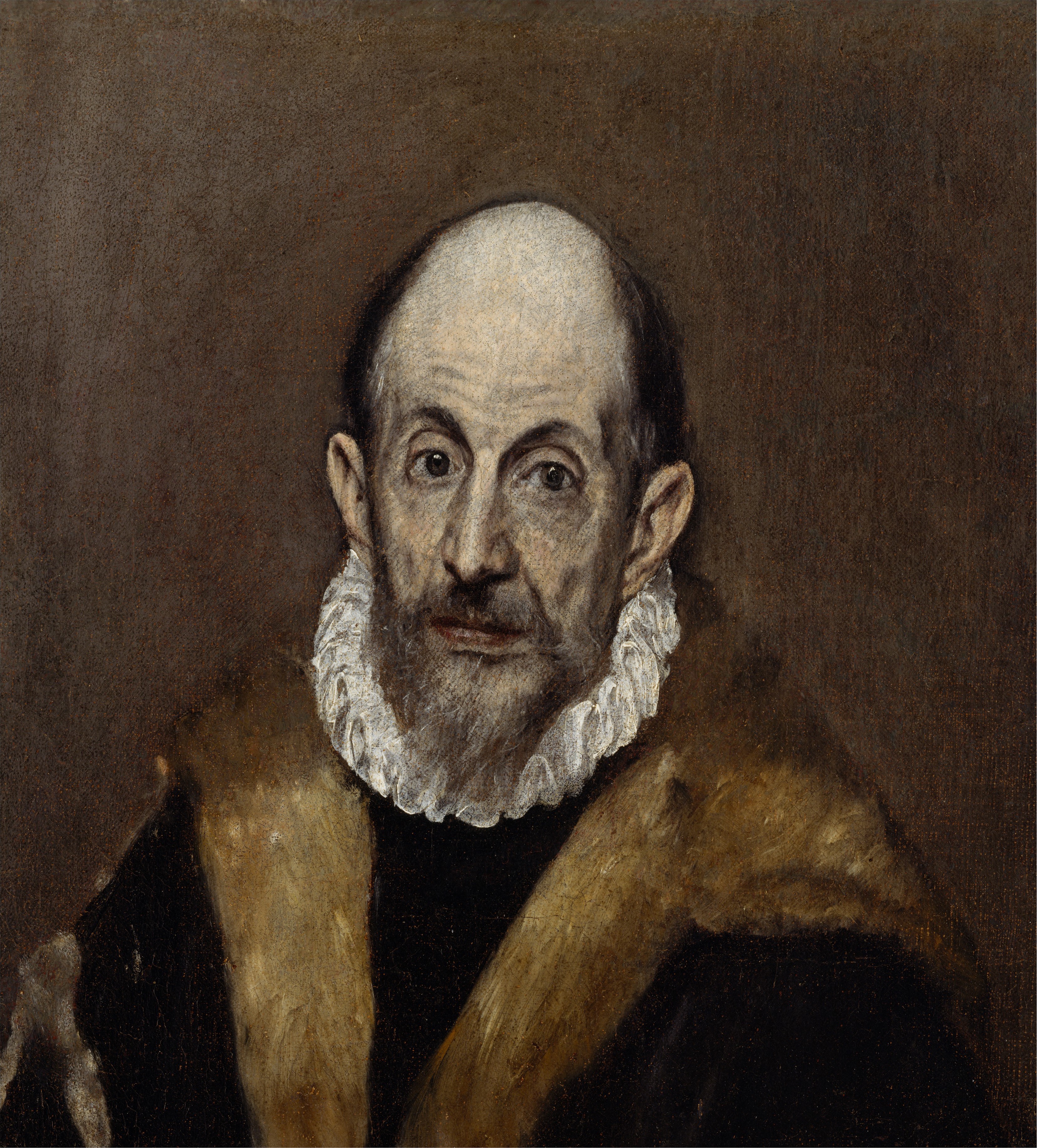“I am neither bound to say why I came to this city nor to answer the other questions put to me.”
Quote from a report of the municipal of Toledo, c. September 1579; as cited by Albert F. Calvert, and Catherine Gasquoine-Hartley in: The Spanish Series - El Greco; an account of his life and works; publisher, London: J. Lane; New York: J. Lane Co, 1909, p. 76
this answer El Greco gave to the Mayor of Toledo, when asked - in connection with the writ served on him for the commissioned painting 'The Disrobing of Christ / The Expolio' - whether he had been brought to Toledo to paint the retablo of Santo Domingo (containing 15 paintings of El Greco https://en.wikipedia.org/wiki/El_Greco#/media/File:Domenikos_Theotok%C3%B3poulos,_called_El_Greco_-_The_Assumption_of_the_Virgin_-_Google_Art_Project.jpg)
